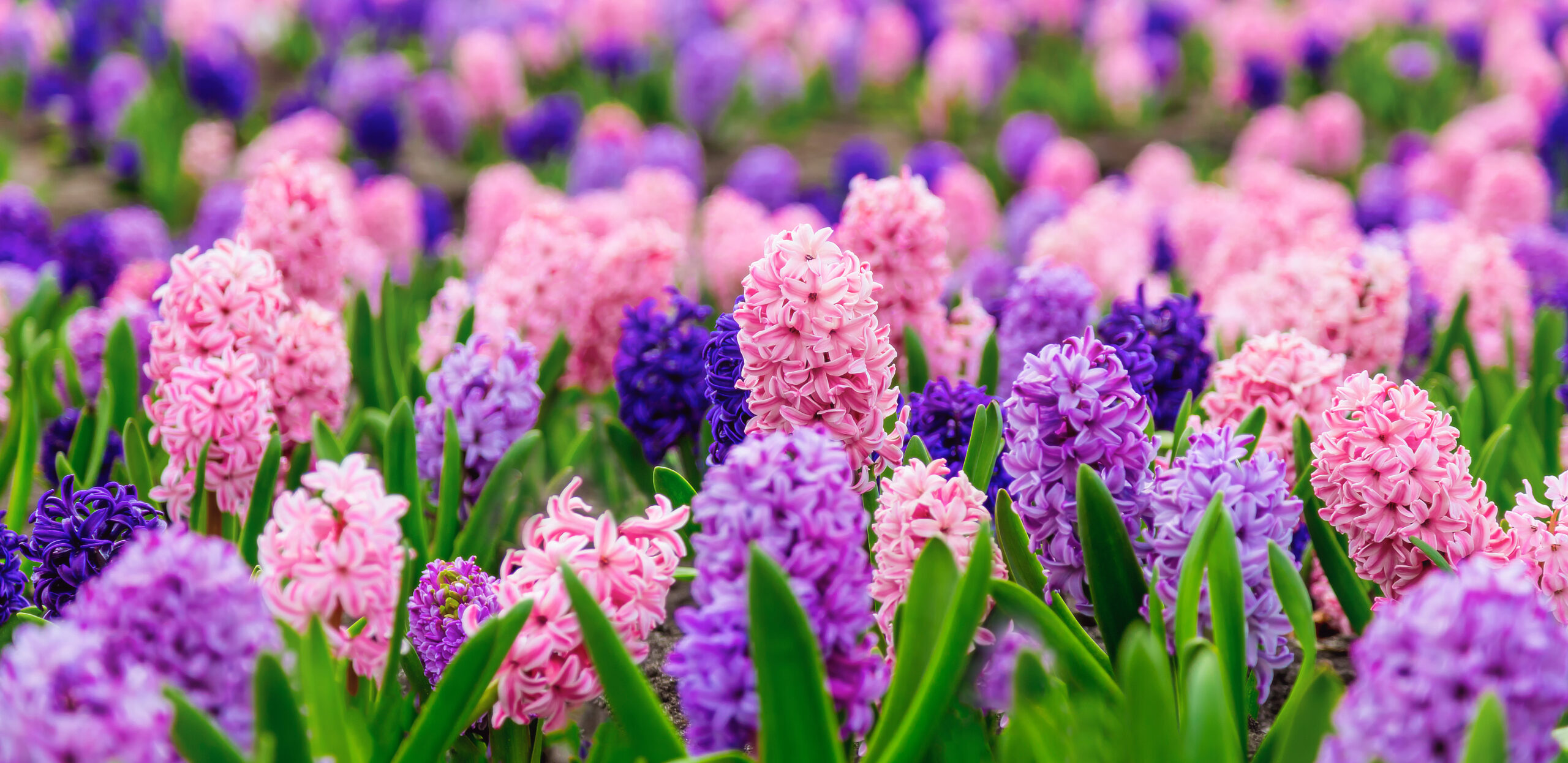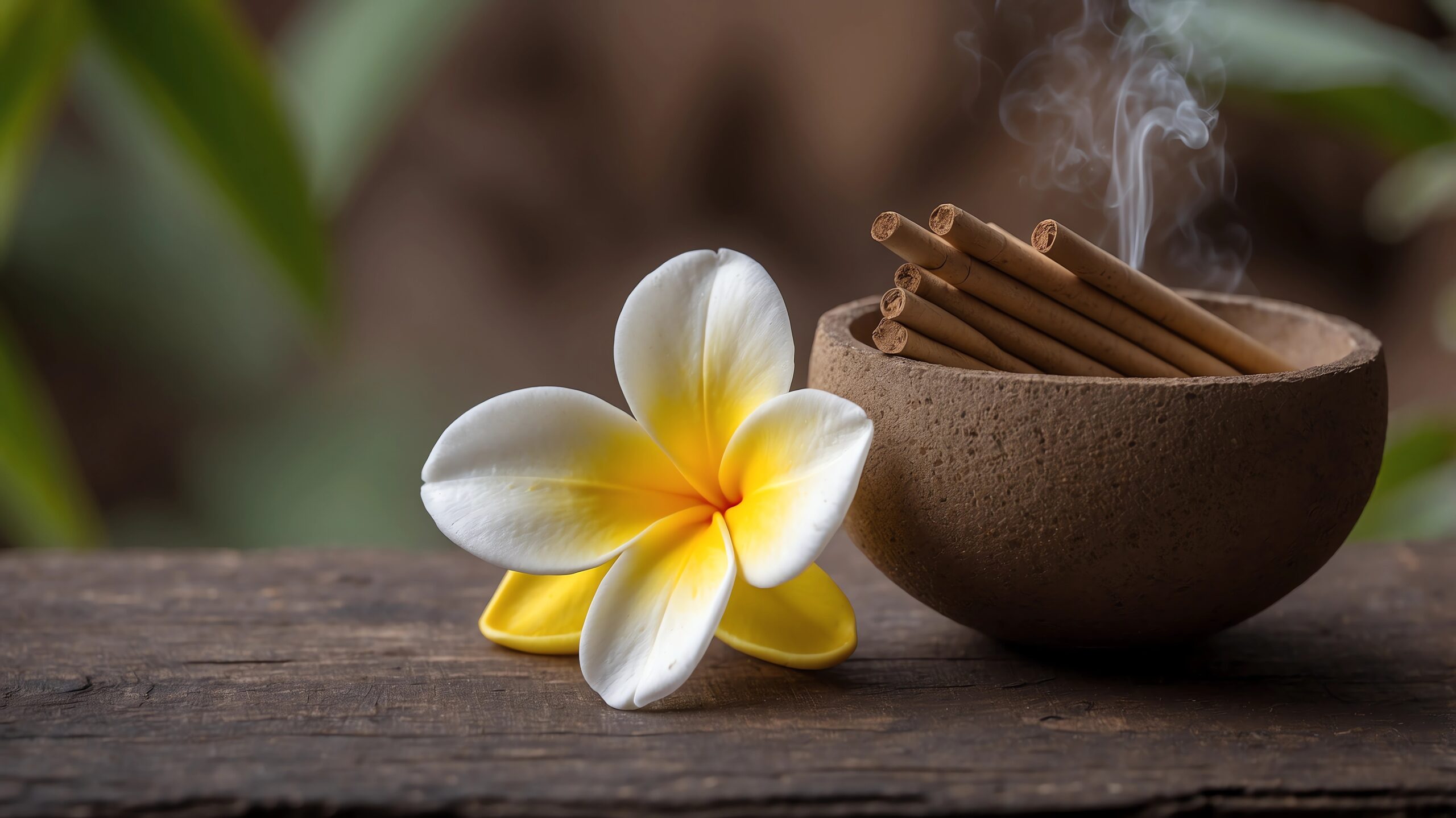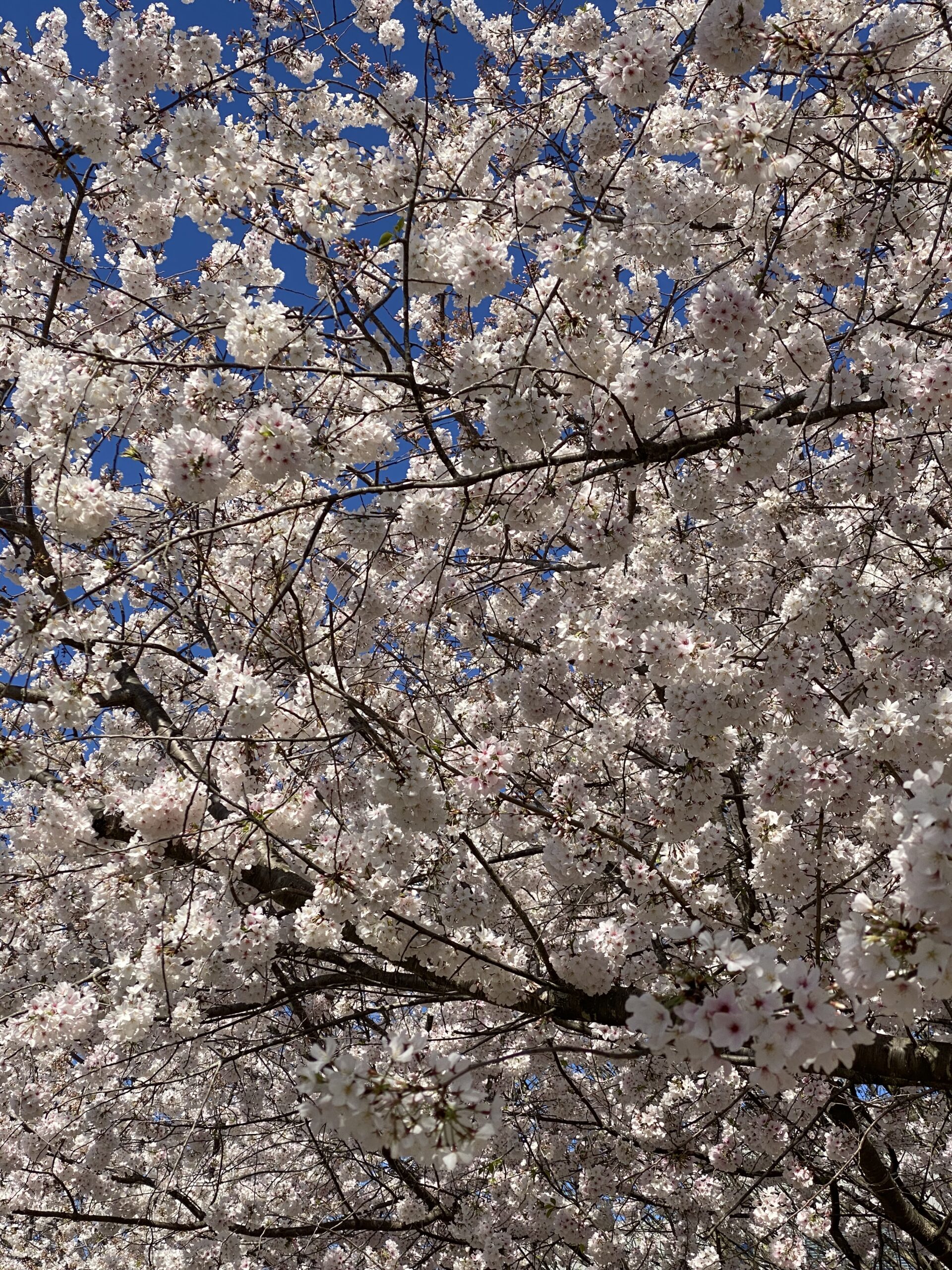Katie Steedly’s first-person piece [The Unspeakable Gift] is a riveting retelling of her participation in a National Institutes of Health study that aided her quest to come to grips with her life of living with a rare genetic disorder. Her writing is superb.
In recognition of receiving the Dateline Award for the Washingtonian Magazine essay, The Unspeakable Gift.
Enter your email here to receive Weekly Wide-Awake
Like Beauty for Ashes: A Gratitude Conversation with Dr. Felicia Wilson Young
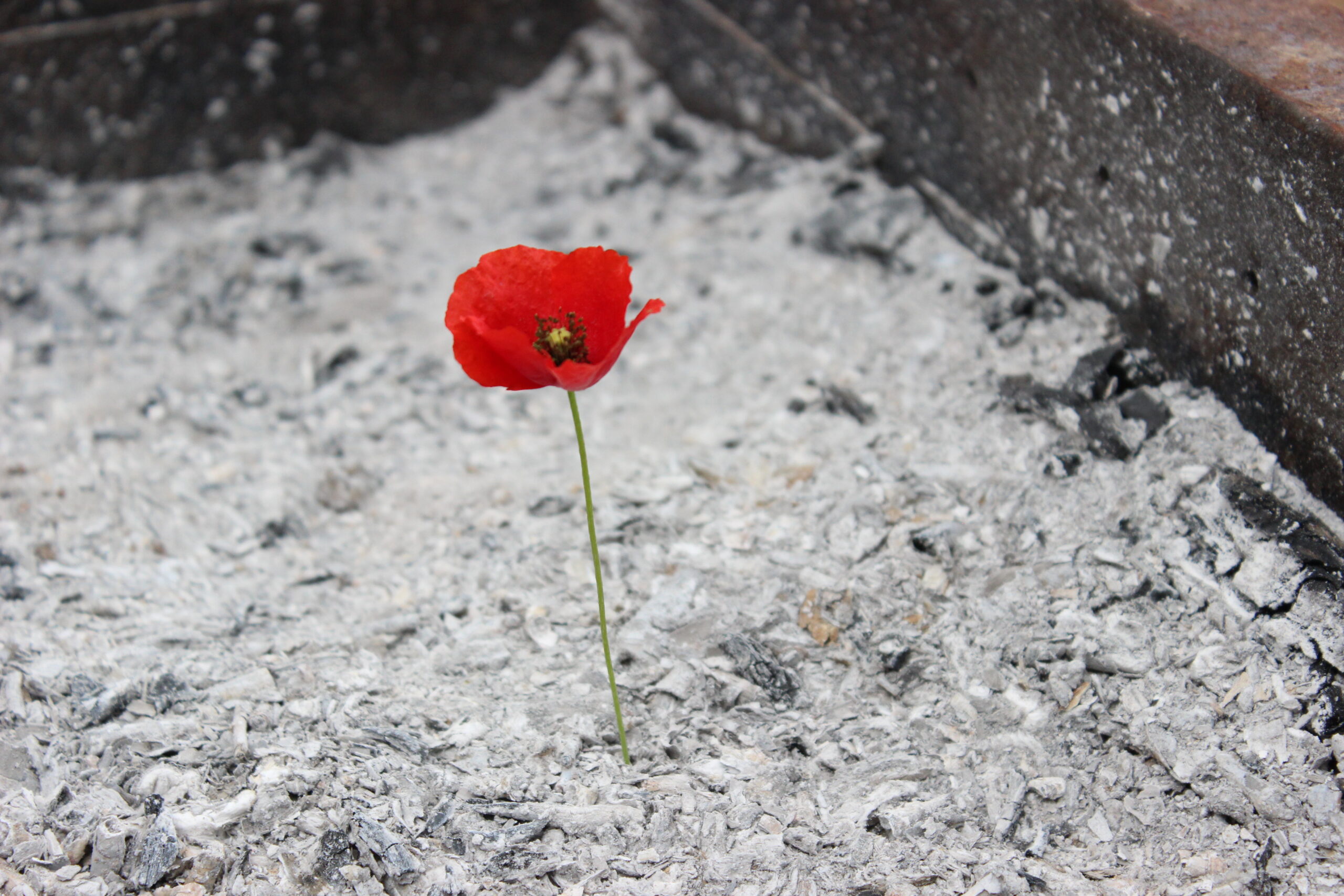
I first met Felicia in 2003 while living in Washington, DC evaluating programs for an international arts non-profit committed to creating arts opportunities for individuals with disabilities. She was a state leader and I worked in the national office. We immediately struck up a friendship that has lasted through professional and personal milestones and transitions. She is the servant leader we want and need in this world. I am grateful to have her as my friend. Read more about Felicia.
Our gratitude conversation occurred in 2018. I share this now as her work, and the work of many others, is under assault. My hope is by putting a face to a name, providing context to the global implications of what is happening, her story will bend the moral arc of the universe toward the justice to which King refers. That is what we are asked to do right now, in our own way, with urgency and love.
As you read this conversation, keep a few things in mind. Think about Felicia’s call to share her gifts with the world. What gifts are your gifts to share? How might you share them? Think about where you find joy find and how you might amplify that joy, as Felicia so beautifully does. Think about how you might might make our world a more loving place by stepping into servant leadership. Follow Felicia’s example.
Let the words of this conversation be a song that lifts your heart. If you heard Felicia sing, your heart would soar. I guarantee it.
Love,
Katie
Read the post on Substack and subscribe to the Wide-Awakeness Project here.
What are some things for which you are grateful?
Honestly, the last few years have been such an intense time. The thing that I am grateful for is just the moment. I am learning to be grateful in the moment. Grateful for nature that is around me. Grateful for the ability to breathe. Grateful for being in my right mind. Grateful for the family that I have and the people who love me. Grateful for my colleagues who support me, and who I have the opportunity to support by doing the work that I do now. Honestly, the issue of gratitude has really changed for me over the last couple of years. Trying to create a space in myself just to be available, to be available to be used in a good way, to be used to help other people’s lives, to be used to make an impact.
What am I grateful for? I am grateful that I am open and available to be used to transform other people’s lives and that as I am having that experience, I, too, am being changed and transformed.
That is what I am grateful for when I think about it because I think that is an opportunity. It is an opportunity that happens all day, every day, when I am engaging with people, and not just with work, but with life, with music, and with family. For me, it is really about purpose and living a purpose-driven life and allowing the spiritual space and the psychological space in me to be open to receive information, to know which direction I should be going in and functioning, and what is my gift and goal for today. That is what I am grateful for. It is so much. I think I have always been a grateful person, but I think that before it was connected a lot to tangible things like, “Oh Thank You God I have a job!” or “Thank God I am in good health!” Because I have not been in good health before, so I am also grateful for that, but more so now.
How do you practice gratitude?
I am learning. Prayer has always been a big part of how I practice gratitude, but also practicing it and making sure that I am intentional about my engagement with other human beings.
What does that look like for you?
For me, that looks like speaking on purpose, being considerate, and being reflective because the better I know myself, the better I am able to engage with other people, being more reflective to the point where it is sort of like looking at my emotional intelligence. … Let me look at my emotional intelligence, and see what is my availability to be able to serve other people, and the way that I practice that is to not just take things at face value, but really start dissecting and reflecting about myself. What are my motives? What are my intentions? Understanding that. Looking at other people without judgment, which is hard, but trying to engage. This is who they are. How can I take what I know about them, and what information they are providing me, whether they are speaking it, or the way they are behaving, and use that for transformation when I engage with them?
How have you found time to do that reflection?
It is hard. I kind of see it like in music, you know how in music when you take a beat? There is a rest. I am learning how to do that in life, how to take a rest, how to take a pause. In theatre, we call it a beat, but in my life, in my emotional space, and my intellectual space, to be able to say, “Let me take pause before I respond.” It can be done in a nanosecond, but it is definitely a practice, and I am just at the beginning stages of it, whether it be to take a breath when someone says something that hurts, or when someone does something and I don’t completely understand what their motive is. It is to take a second to breathe and say, “Let me breathe before I respond.”
It can be done in a nanosecond, and it is also about this issue of being mindful, of being present. Mindfulness. If you are present in that moment, you are not thinking about what they did last week. If you are present in that moment, what are you thinking about? What are you sensing? What are the senses that are being touched by this experience? In the now, how do I feel? What do I smell? What am I reading from that person? What is it I want to communicate back to them?
Would you say you are generally successful at that?
I hope so. We would have to ask other people. I find it easier to be more successful in a workspace. I find in my relationship with my husband that I would probably say that I feel successful, but it takes a lot of work. When I recognize the other individual in the space around me, and the space that they are in, and take a pause, take a beat, then I really get to also understand that I am coming from my heart out of a place of service and gratitude when I engage with them. I am being grateful for the opportunity to know this person, to know my circumstances, to be able to volunteer. I am also coming from a place of saying, “I am here to serve.” “I am here to serve.” That is how I feel like I operationalize my gratitude. Just saying, “Look God, I am so grateful for what you have given me, all the talent, the gifts, all the possibilities. Even the ones I have yet to even tap in to, and because of that grace you have given me, I am grateful. In my interaction[s] with other people, let me mirror that grace. Let me mirror that thankfulness by how I serve them. How I humble myself to provide some comfort and joy.” I think that for me, and it is a practice, it is walking it out on a daily basis, moment by moment, trying to be renewed while doing it, trying to be agile while doing it.
Is there a connection between gratitude and service?
I would hope so. I would hope so. I would hope so, because when you are grateful, you want to give. You want to serve because you are so consumed by gratitude. At least I feel so consumed by gratitude that it motivates. It propels me. It is an inner force that propels me to serve other people. It comes out in every area of my life, not just serving my husband, serving my child, and serving my family.
Being able to say, “I work for the government.” “I am a foreign service officer, a foreign service diplomat.” Whether I am in country, in Bangladesh, or whether I am in DC, I am saying, “How can I serve?” “How can I walk out my belief system?” “How can I use the tools and the knowledge and all of that I have been given to help support somebody else?” Gratitude leads to service. When you are grateful, when you have that force inside of you. We are all different people, so we may express it differently.
How did early service experiences prepare you for your current understanding of gratitude? How do we learn to be grateful? How do we strengthen those gratitude muscles?
I think my mother, honestly. I believe my experience growing up with a single mother. Having a father who had survived drug addiction who is thirty years clean. Having all those challenges, and having so many opportunities, but not being that statistic, but really challenging that statistic into an opportunity. I think that all of that made me grateful. Now other people may have a similar experience, or a similar story, and still not come out with gratitude. The reason I say gratitude is that I say every hurdle, every obstacle, every challenge, every disappointment, I feel so grateful for.
There have been many that I would not have chosen to go through. All of that has propelled gratitude in me because I have seen people who did not survive it or survived it in a different way. I have seen how it has devastated and shut people down in their spirit that they weren’t able to be as resilient, or move forward, or change, or use it to help somebody else. So, it then propels. All those challenges, no, I don’t go looking for them. I think that started at an early age for me. That part of my personality, part nature, part personality, the deposits that were put in me, the spiritual deposits, my faith, the people in my life that having offered encouragement, that is what always gave me a sense of gratitude at an early age.
The ability to embrace the beauty and the pain.
You can’t have one without the other. Some people may not believe that, but I do because like beauty for ashes, beauty for ashes. A lot of times it is not until you go through the ash, till you go through the pain that you are refined, and I know some people don’t believe in that. I don’t believe we are put on earth to experience happiness, but I do believe we are put on earth to experience joy. The ability to see, to embrace, both the joy and the sorrow is central to gratitude, to living gratefully. If you don’t embrace it, I am not sure you can be whole. I don’t think you can be whole unless you embrace it all.
Continue reading my conversation with Felicia and subscribe to the Wide-Awakeness Project
What role does faith have in gratitude?
I believe that gratitude is a choice. It is a disposition on multiple levels. I think the faith piece of it provides a genuine foundation for gratitude. Does that make sense? If you have a tree, the faith piece is the root underneath, and then the gratitude is what you see, the leaves and trunk. That is the best way to explain it. The faith piece is what you are rooted in. What is your faith? What is that thing that grounds you? What gives you life? That is why I think it is a tandem situation. You are not able to have the gratitude without the faith, regardless of the expression of faith.
I believe that people who struggle with establishing the nature of gratitude in how they live their lives, and how they walk, and how they communicate with other people often lack faith. What have they done? They have made themselves the center.
The goal really, in my expression, is to understand that the universe, the world, the globe, the universe of people is the center. Whatever you want to call it. That is where you have the connection of faith and gratitude. That is where you have the connection of service and gratitude, faith being the root, and gratitude being the expression. The evidence of the faith.
As someone who has experience across multiple cultures, is there a cultural component to gratitude? Does gratitude look different in Bangladesh, India, and Afghanistan?
When it comes to gratitude, culture is not stagnant. It is not stagnant. It is very fluid. It is based on people’s identities and experiences and values and beliefs and their expressions and how they express their gratitude. Often the culture influences that, but it is not stagnant, it is something that is fluid. Think about how we live our lives. The exposure that I have had to living in Latin America and traveling to Asia and experiencing India and Thailand and Afghanistan. The world has changed my own personal culture.
I am having an African American experience, and cross culture, and third culture. There is just so much I would say. It is incredibly fluid; it is not stagnant, and the way it plays a role is because we all start someplace, but then as we travel throughout life, as we have different experiences, our gratitude, and our expression of gratitude reflect our culture, something as simple as giving praise. Say in traditional African American experiences, people use music. People speak with their hands. In giving praise in a spiritual context, it is through dance. So, how do we dance? Do we lift our hands? Does it make me any less grateful, of having any less gratitude, if I am a person who, based on my cultural experience, keeps my hands in my lap? We don’t do that, but it still does not dictate what is happening in my heart. When it comes to gratitude, people always expect an outward expression. I believe you will be propelled to do something outwardly, but it just might not look like mine. Culture plays a role. Culture matters. Culture is where we get our perceptions, our attitudes, our beliefs, our values.
There are ways our gratitude manifests culturally, extending your example of dancing?
In New Zealand, and also in South Africa, people say ubuntu. I am because you are. In New Zealand, it is an issue of ‘I see you.’ The people you love, you put nose to nose. I see you. I am recognizing your humanity. I am recognizing your spirit. I am recognizing you exist. When you are engaging with people, it is a way to say to them, ‘I see you.’ ‘You have value.’ ‘You have worth just because you are, just because you are, just because you exist.’
Is there a connection between leadership and gratitude?
Great leaders have an experience and understanding of gratitude. I believe poor leaders lack that understanding. It is the understanding that as humans we are connected. We exist. Without each other, we cease to exist.
It is like an analogy I gave a colleague this morning about our current staff in the environment that I am in. The reality is that we all play a role, but we are one body. We have got to get to be one body. Being one body. The feet have a purpose, the hands have a purpose, and the head has a purpose. It is a biblical principle. It is also a spiritual principle. Once you recognize what your purpose is, and what role you play.
Why I am not effective? If I am feet, people have learned to eat with their feet, but that is not what the feet were created for. So often in a leadership situation, recognizing the gift that people bring to the table, recognizing the strengths that come from the community, you have to have a spirit of gratitude to be able to understand what the role is. How do I recognize this person? How do I see this person? How do I understand this other person, their individual existence and contribution?
Good leaders get that. Even though good leaders must be focused on the goal, what’s the product, but that you are not limited in their understanding of how to get there and the connection between seeing the light in their team and building them up. So, the reality is if you build up your team, if you allow people to use their gifts, their knowledge, their information, their strengths, and then help them build up the areas that are weak, then you are seeing them. They are visible. They are present. The acknowledgment of that is in how you lead and how you engage. We don’t always get it right. We drop the ball, but the goal, the intent it is about mindfulness. It is learning to live in that moment. In that moment, you must make a choice. How am I going to lead? What is going to be my concentration and my focus? What. is the end result?
If you are in a place of gratitude, you value other people, you recognize what they bring to the table. Most poor leaders are consumed with fear. Whether fear of lack of performance, fear that they are going to be replaced, fear that someone is going to outshine them, people have fears. You still might have some fears. The fear doesn’t define you. It doesn’t confine you. It doesn’t inhibit your ability to lead.
When you are present, it is hard to be fearful.
When you are present, when you are living in a mindful way, it dissipates fear because you are not thinking about what is next. You are thinking about, “Ok. This is where I am now, and this is my purpose now, in the now.” You are not looking behind you, being angry. You are not living in your past. That was yesterday. That was five minutes ago. Gratitude is learning to give yourself some grace. I know I am hardest on myself, but if you are in a space of gratitude, then you can also forgive yourself.
The thought that comes to mind is, gratitude for everything, for the good and the bad.
If you are going to be grateful for gifts in the external world, you must be grateful for the gifts inside of you. You can’t be grateful for others if you can’t be grateful for yourself.
You must have a profound consciousness of your gifts, and what you bring, and what that is about. It is a process of getting there. It is not something that happens overnight. It is a process you go through as long as you are breathing. The other thing that I would say about the gratitude piece is consciousness. You can’t be unconscious and have gratitude.
For you to truly have that experience, and to share that, and bring that transformation, then you must be conscious. You can be conscious in one area and still unconscious in another. You cannot be grateful and unconscious.
About Katie
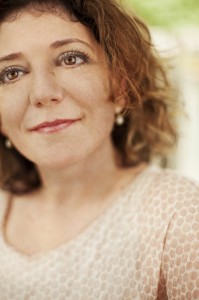
From Louisville. Live in Atlanta. Curious by nature. Researcher by education. Writer by practice. Grateful heart by desire.
Buy the Book!
The Stage Is On Fire, a memoir about hope and change, reasons for voyaging, and dreams burning down can be purchased on Amazon.

